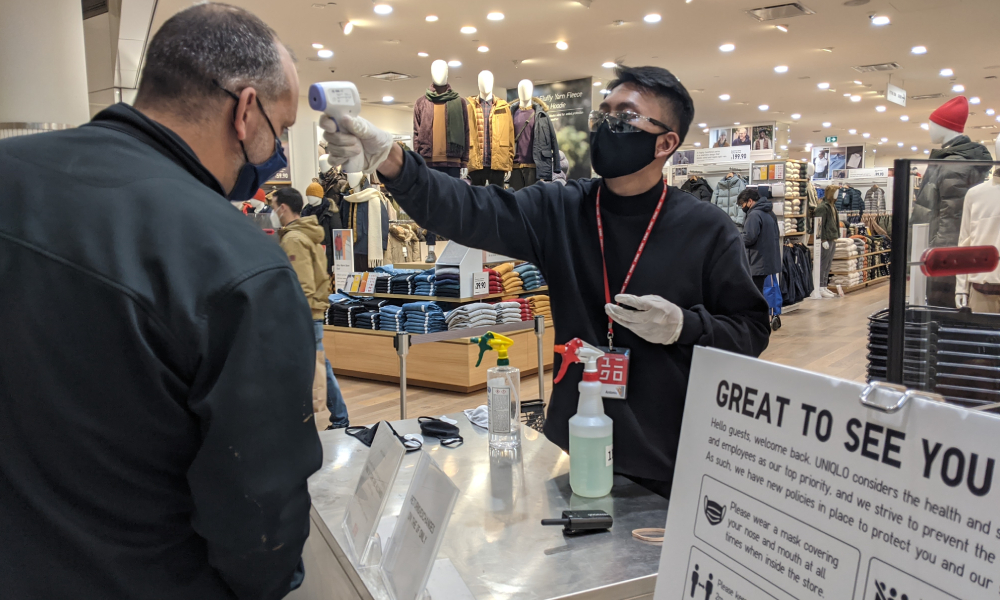‘Employers are still subject to potential civil liability in negligence with respect to their employees and contractors’

Ontario employers should be aware that the provincial government has passed a new bill that offers a potential safeguard against lawsuits relating to COVID-19 measures, says a lawyer, but it doesn’t provide carte blanche.
Bill 218, Supporting Ontario’s Recovery and Municipal Elections Act, 2020, received royal assent on Nov. 20. It’s meant to ensure people can seek redress “against gross negligence, intentional misconduct and bad actors who fail to make an honest effort to follow COVID-19 guidance and laws,” says Doug Downey, attorney general.
“We are also providing protection to the hard-working women and men who make essential contributions to our communities, from frontline health care workers to people coaching minor sports teams, to those keeping our supply chain moving, to people volunteering at the local food bank or those simply showing up for work each day despite the unprecedented challenges of COVID-19.”
‘General elimination’ of liability
The law “establishes a general elimination of a person’s civil liability relating to Covid-19,” says Liam Ledgerwood, associate labour and employment group at Siskinds in London, Ont., as long as that person made either “good faith” or “honest” efforts to abide with government orders.
“If the person honestly intended to act in accordance with public health guidance and all applicable laws relating to COVID-19, then the person has arguably made a good faith effort for the purposes of section two of the bill,” he says.
However, “the person’s subjective motivations and intentions are the defining characteristic of whether he or she engaged in a good faith effort,” says Ledgerwood, and employers are not completely free of potential liability.
“As a result, employers, as well as organizations that retain independent contractors, are still subject to potential civil liability in negligence with respect to their employees and contractors and they should ensure they take all reasonable steps to reduce such civil liability,” he says.

Liam Ledgerwood
“Generally, gross negligence, as distinct from standard negligence, requires a very marked departure from the standards by which responsible and competent people govern themselves. Standard negligence requires a departure from the standard of care but gross negligence goes a step further and generally requires a high or serious degree of negligence that goes beyond standard carelessness,” says Ledgerwood.
“In the context of Bill 218, it would likely require a flagrant and conspicuous disregard for public health guidance and applicable COVID-19 laws.”
And organizations shouldn’t consider themselves completely indemnified, says. Ledgerwood.
“Employers should take note that the bill does not protect them from liability arising from the transmission of COVID-19 in the workplace for employees or independent contractors. Employers should accordingly ensure they are following public health guidelines, applicable COVID-19 laws and otherwise complying with their general occupational health and safety guidelines during the pandemic.”
But the law would eliminate many potential actions, he says.
“It appears to be primarily intended to reduce or eliminate the vast majority of civil litigation which could otherwise arise from the transmission of COVID-19. The bill will generally protect people, including businesses and other organizations, from actual or threatened civil liability arising from potential or actual COVID-19 transmission or exposure unless an exemption applies or unless the person was grossly negligent.”
Canadian HR Reporter also spoke with legal experts about five key questions on screening employees for COVID and six key questions about the return to work.




